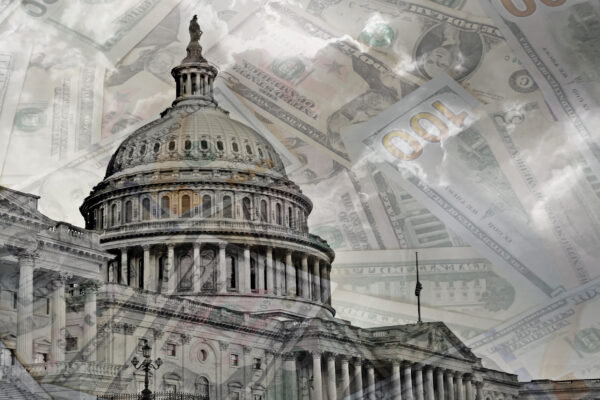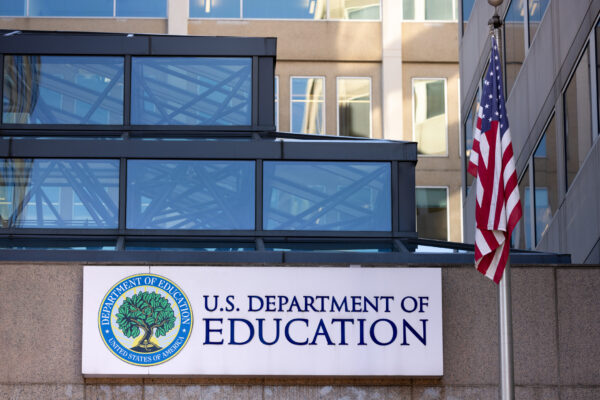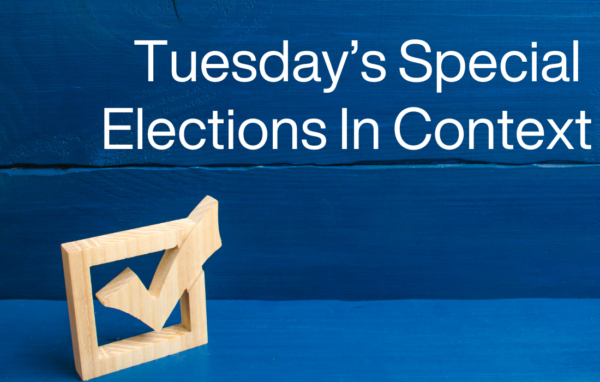A topic we have been keeping a close eye on in the last several months is standardized tests in college admissions.
A key reason many of the colleges chose to reinstate the testing requirement is that test scores tend to be better predictors of academic success than grades alone. It is likely that this stronger relationship for test scores than grades is at least partly due to grade inflation.
But how big of a problem to voters think grade inflation is? Data from the latest survey for Winning the Issues (February 24-25) sheds some light. Overall, 47% of voters say that grade inflation in US high schools is “a widespread problem,” with 22% calling it “an isolated problem” and 6% saying it is not a problem at all. By party, a majority of Republicans (53%), nearly one in two independents (48%) and 40% of Democrats also call it a widespread problem. Among parents, 47% call it a widespread problem.
The shares calling it a widespread problem have grown at least slightly since we last asked the question about a year and a half ago. On the July 2022 survey, 40% of voters overall called it a widespread problem, as did 50% of Republicans and 37% of Democrats. Parents saw a larger growth in the share calling it a widespread problem, going from 39% to 47%. But the group with the largest growth was independents. In 2022, 33% called it a widespread problem, a 15-point difference from where they are presently (48%).
Clearly, voters are becoming more aware of an issue that has become an area of focus for education researchers. Our January 29 Emerging Issues newsletter looked at two recent studies showing a weakening relationship between grades and test scores since the pandemic. But grade inflation was an issue even before Covid. As the University of California faculty senate report, dated January 2020 found, “Grade inflation is part of why the predictive power of HSGPA [high school grade point average] has decreased since the last UC study.”







